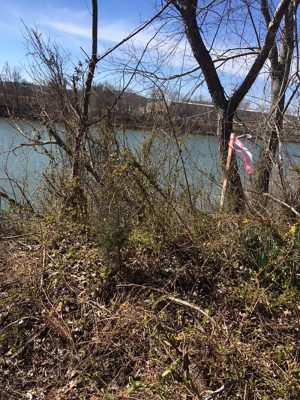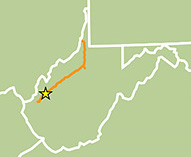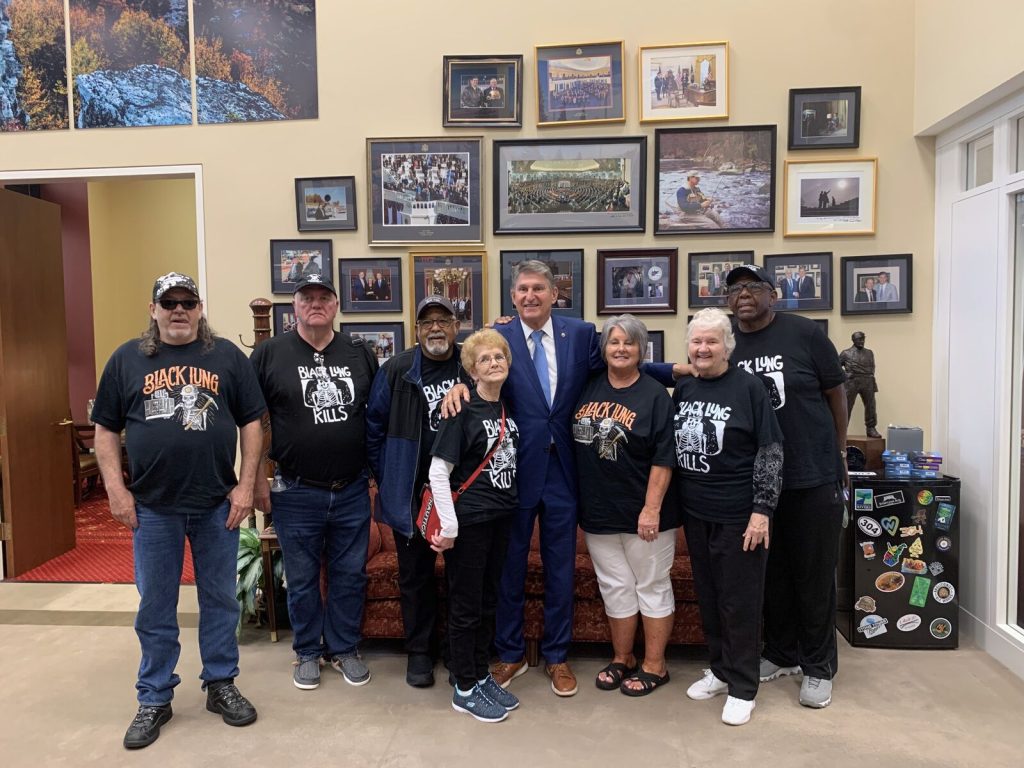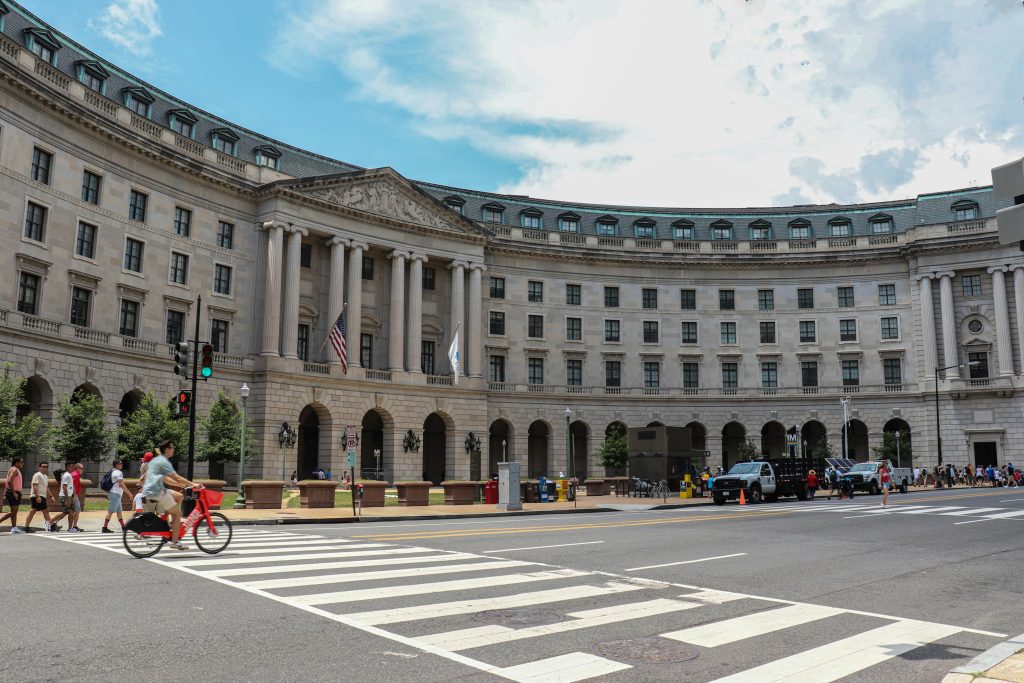Barbara Jividen
Barbara Jividen recently finished painting a sunset scene of the view from her home: the Kanawha River flows by flat river bottom land, frequented by birds and fox, that stretches from the steep river bank to her patio.
“We bought this land wanting a little paradise on the river, and a lot of people say that’s what it looks like, a little piece of paradise,” Jividen says. “And that piece of paradise is going to be disrupted when that pipeline goes through.”
The Mountaineer XPress Pipeline would run 165 miles through 14 West Virginia counties and carry natural gas from the state’s fracking wells to a broader interstate pipeline network that connects to export terminals in the Gulf of Mexico.
Pipeline developers plan to install the pipe beneath the Kanawha River next to Jividen’s home, a process that is expected to take several months. If completed, the pipeline will also run through her neighbor’s land, 500 feet from the shop where her husband Edward, a Vietnam veteran, works on his old cars and motorcycle. Their house is immediately beside the shop.

Mountaineer XPress Pipeline survey stakes mark the site where the pipeline would cross beneath the Kanawha River. Photo by Barbara Jividen
“Why do you put a dangerous pipeline this close to a personal residence?” Jividen asks. “We live in a small development; if it should blow, it’s going to take us all out. We’re in the incineration zone. We’re in it. Why?”
“It’s legal,” she continues. “But it didn’t have to be this close to us, there’s plenty of vacant land on the other side that it could have gone without it being this close to a residence. ”
Near Jividen’s home, the pipeline will also run near a Methodist church, through the pumpkin patch owned by hydroponic tomato producer Grits Greenhouse and close to other small homes. On the other side of the river, the pipeline will pass beside an industrial park before continuing through another parcel of land owned by her next-door neighbor.
During the public comment period held by the Federal Energy Regulatory Commission, Jividen went door-to-door, informing residents of the pipeline plans and her concerns regarding safety risks and declining property values. She handed others in her community the materials for them to submit public comments to FERC, but whether they did, Jividen isn’t sure.
“I can only do what I can do,” she says. “I will be watching [Mountaineer XPress] every step they take, every move they make. And I will be doing what I legally can do to minimize my discomfort and my life being upset by it.”
“If we all had [a pipeline] in our backyard we would all be activists.”
Related Articles
Latest News

Leave a comment
Your email address will not be published. Required fields are marked *






